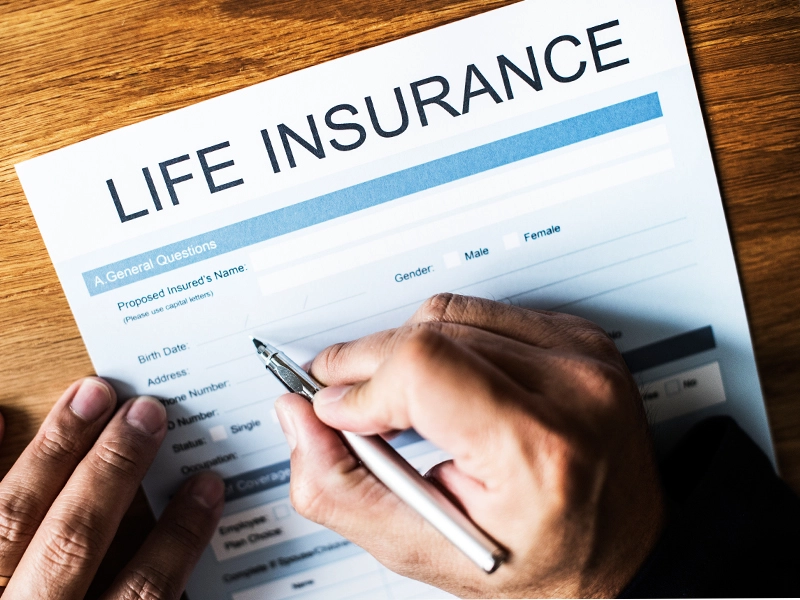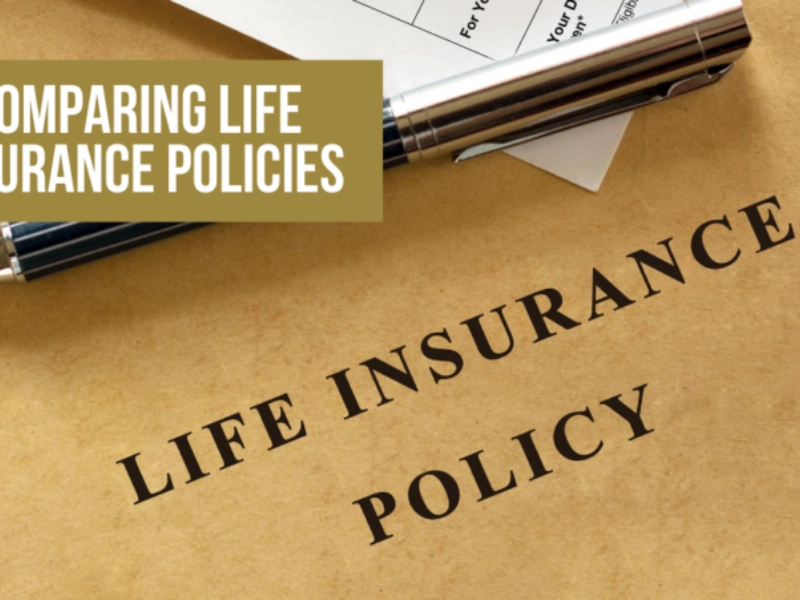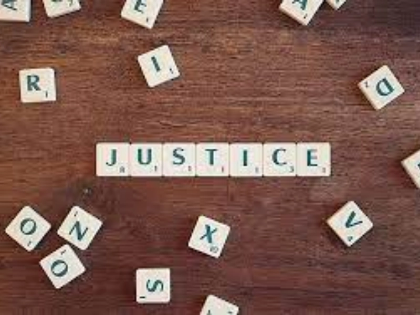How a Personal Injury Affects Your Life
When there are personal injuries, the effects may not go away quickly. An injury can frequently lead to increased medical costs, lost wages, and a lower quality of life. Even though physical healing is typically the main priority, emotional and psychological healing may also be required. Professional therapists and counselors can assist people in coping with the psychological effects of a personal injury.
Absence of Independence

Loss of Life's Pleasure
 In many ways, a personal injury can be disastrous. You might not be able to participate in your favorite pastimes, social gatherings, or activities. You may be eligible for compensation for loss of enjoyment of life if your injury results in a permanent change in lifestyle or keeps you from enjoying life to the same extent that you did before.
The most visible kind of injury that might result in a loss of enjoyment is physical impairment. A spinal cord injury, for instance, could make it more difficult for you to walk and participate in sports. Head injuries, such as concussions, can also lower your quality of life by impairing your memory or cognitive function.
When it comes to loss of enjoyment, psychological impairment is equally as significant as physical injuries. It is possible for anxiety, despair, and post-traumatic stress disorder to lower your quality of life. For these emotional wounds, therapy from therapists or counselors is frequently required. They can offer you support, coping techniques, and ideas to help you adjust to your new situation and pursue mental wellbeing.
In many ways, a personal injury can be disastrous. You might not be able to participate in your favorite pastimes, social gatherings, or activities. You may be eligible for compensation for loss of enjoyment of life if your injury results in a permanent change in lifestyle or keeps you from enjoying life to the same extent that you did before.
The most visible kind of injury that might result in a loss of enjoyment is physical impairment. A spinal cord injury, for instance, could make it more difficult for you to walk and participate in sports. Head injuries, such as concussions, can also lower your quality of life by impairing your memory or cognitive function.
When it comes to loss of enjoyment, psychological impairment is equally as significant as physical injuries. It is possible for anxiety, despair, and post-traumatic stress disorder to lower your quality of life. For these emotional wounds, therapy from therapists or counselors is frequently required. They can offer you support, coping techniques, and ideas to help you adjust to your new situation and pursue mental wellbeing.
Breakup with Relationships
 For every person, suffering personal harm is a terrible experience. Many personal injuries have long-term effects that might have an unforeseen negative influence on your quality of life, even beyond the initial cuts and bruises.
These long-term consequences may include reduced mobility, persistent discomfort, and a lower standard of living. Many times, these side effects necessitate lengthy medical care that can be both physically and mentally taxing.
In addition to physical harm, severe injuries can cause mental stress that seriously disrupts day-to-day functioning. Mental health conditions like anxiety, sadness, and post-traumatic stress disorder (PTSD) can result from these stressful experiences.
A person's relationships might be negatively impacted by an injury, among other areas of their life. For instance, communication problems in a marriage or relationship may arise from the ongoing stress of medical appointments and physical discomfort. In a loss of consortium lawsuit, professional testimony from therapists and other specialists can be used to determine the true effect of your injuries on your marriage. Compensation for non-economic effects of injuries, such as pain and suffering, mental distress, and diminished quality of life, is what personal injury damages are intended to cover.
For every person, suffering personal harm is a terrible experience. Many personal injuries have long-term effects that might have an unforeseen negative influence on your quality of life, even beyond the initial cuts and bruises.
These long-term consequences may include reduced mobility, persistent discomfort, and a lower standard of living. Many times, these side effects necessitate lengthy medical care that can be both physically and mentally taxing.
In addition to physical harm, severe injuries can cause mental stress that seriously disrupts day-to-day functioning. Mental health conditions like anxiety, sadness, and post-traumatic stress disorder (PTSD) can result from these stressful experiences.
A person's relationships might be negatively impacted by an injury, among other areas of their life. For instance, communication problems in a marriage or relationship may arise from the ongoing stress of medical appointments and physical discomfort. In a loss of consortium lawsuit, professional testimony from therapists and other specialists can be used to determine the true effect of your injuries on your marriage. Compensation for non-economic effects of injuries, such as pain and suffering, mental distress, and diminished quality of life, is what personal injury damages are intended to cover.
Effect on Finances
 Personal injuries can have a disastrous financial impact and are costly. Injuries can result in lost income from missed work, medical costs, and property damage.
Furthermore, a lot of injuries have after-effects that can lower a person's quality of life and make it difficult for them to lead the lifestyle they once did. Limitations, emotional suffering, and persistent discomfort are some examples of these outcomes.
As they heal from their wounds, our staff has assisted a number of injured people and their families. They can feel much more at ease and less financially burdened if they receive a sizable amount of compensation. It can also provide them with direction for the future and assist them in regaining a sense of normalcy. To ensure that our clients get the best result possible, we take the time to fully comprehend the implications of their injury and how it may affect compensation. Pursuing non-economic damages for their psychological and physical harm falls under this category. Even though these damages are frequently more difficult to measure, our legal system nonetheless acknowledges them.
Personal injuries can have a disastrous financial impact and are costly. Injuries can result in lost income from missed work, medical costs, and property damage.
Furthermore, a lot of injuries have after-effects that can lower a person's quality of life and make it difficult for them to lead the lifestyle they once did. Limitations, emotional suffering, and persistent discomfort are some examples of these outcomes.
As they heal from their wounds, our staff has assisted a number of injured people and their families. They can feel much more at ease and less financially burdened if they receive a sizable amount of compensation. It can also provide them with direction for the future and assist them in regaining a sense of normalcy. To ensure that our clients get the best result possible, we take the time to fully comprehend the implications of their injury and how it may affect compensation. Pursuing non-economic damages for their psychological and physical harm falls under this category. Even though these damages are frequently more difficult to measure, our legal system nonetheless acknowledges them.








